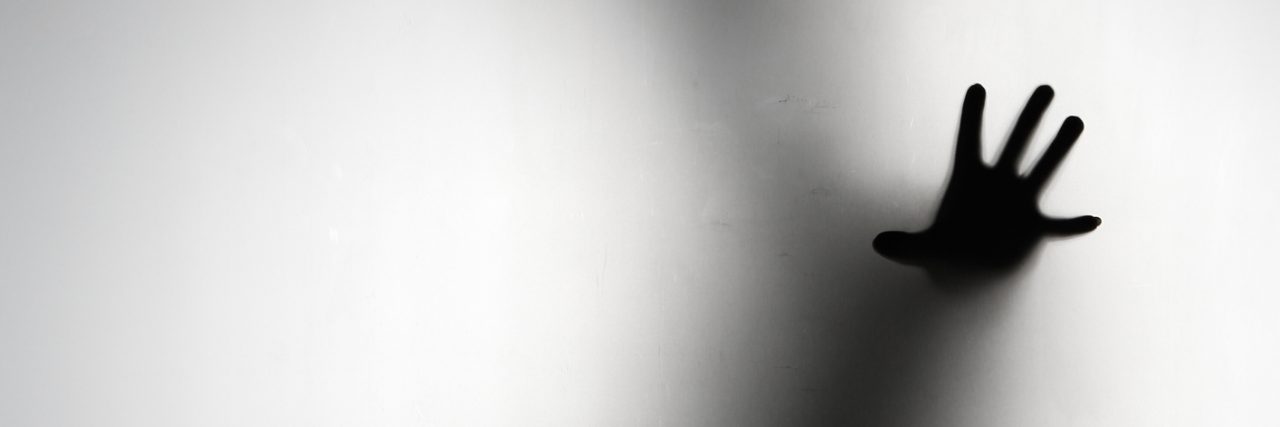I have dyspraxia. I was diagnosed at a young age and did many years of speech therapy, occupational therapy and later surgery (to correct my speech) to help me live a relatively “normal” life. I’ve learned how to adapt my everyday life so it doesn’t affect me — unless you really start to look.
From the outside I look like a “normal” young adult, but maybe a bit clumsier. Yet I still struggle in everyday situations. I refuse to play sports as my hand coordination is minimal – you throw a ball at me and I will duck; I look strange when I run, too. I struggled to get my driver’s license – I did it which is all that really matters, but I needed to find an instructor who specialized in teaching people with disabilities).
I talk too fast, which can make it hard for people to understand, and can go off on weird tangents when I have conversations – yet probably only now since I’ve told you will you start to notice it. I struggle reading situations with lots of people, and my eye contact can be off at times. I’m not unfriendly, just trying to warm up to you and attempting to read your body language.
I have anxiety and take medication for it – I know many people struggle with it but people with dyspraxia are up to 8 times as likely to be diagnosed with it. It’s these things that make me stand out, but unless you know what dyspraxia looks like, you won’t put them all together.
I am very open about my struggles and how having dyspraxia and anxiety affects me, yet many people don’t what dyspraxia is. “So you have dyslexia?” one person said when I mentioned it to them. “Explain it to me, and how did you get it?” another person said, as if it could be caught like a common cold. It’s tough explaining it to people, and most of the time I end up telling them that the wiring in my brain which affects my coordination is screwed up, or something along those lines.
I was bullied in school because of it; how I played sports and ran meant I was always picked last for any teams. I once stacked it on the hurdles and have people coming up to me all day telling me they heard I had stacked it on them and if it was really as funny as it sounded. How I spoke meant that people often would block noises trying to mimic how I spoke — when I don’t speak any differently from the people around me! If I fell over or was clumsy, people just wouldn’t let it go.
One of my closest friends often texts me telling me she fell over or walked into a door or did something else clumsy. When I respond telling her I did something similar, her response is always along the lines of “at least you have an excuse for being clumsy!” which is a positive way of looking at my dyspraxia. I can blame it on my dyspraxia and how it’s not my fault for being born with it!
My mum recently told me she was told I would struggle with reading maps, yet I can do it — I just have a strange way of doing it. She was also told I would struggle with reading recipes, yet I love to cook. I am known has the dessert queen among my friends and enjoy reading cookbooks.
The way my family and I see it, dyspraxia is just another struggle I face. I do eventually get to where I need/want to be, it just takes me longer and sometimes via a different route. As much as I feel the need to hide my dyspraxia and look/act “normal,” the older I get the more I realize I shouldn’t have to hide it. At the end of the day, it’s just another hurdle I overcome on a regular basis — and the more people who know about it, the better.
We want to hear your story. Become a Mighty contributor here.
Thinkstock image by yang5i.

